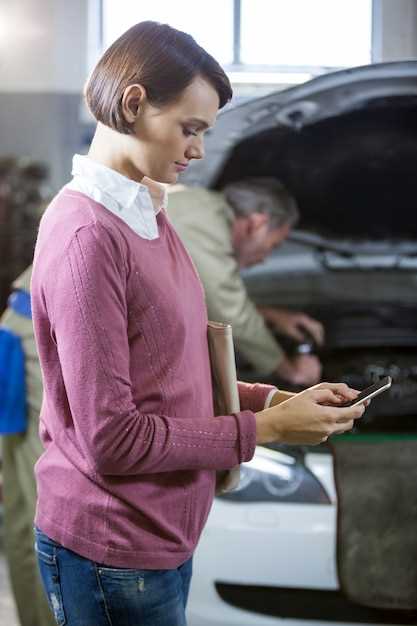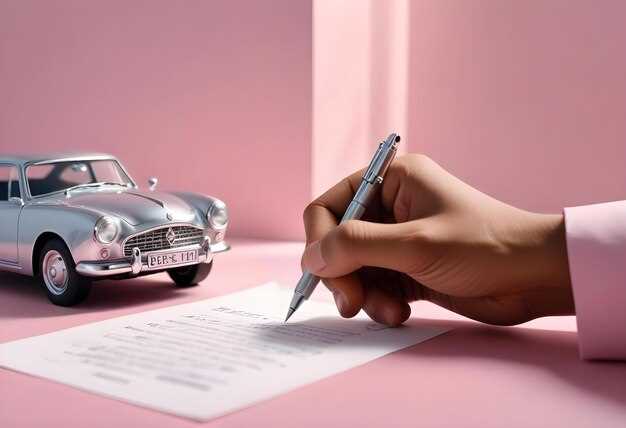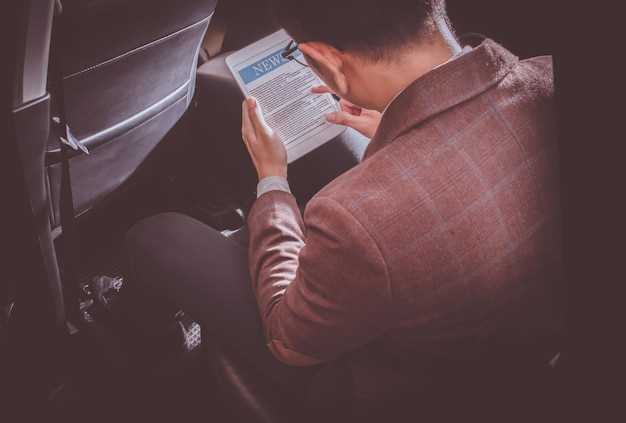
Understanding the value of classic cars is essential for collectors, buyers, and sellers alike. The valuation process is not merely about determining a monetary figure; it encompasses various factors that influence the market dynamics of vintage automobiles. Each classic car has its unique story, and its worth can be influenced by history, rarity, and condition.
There are several established methods for valuing classic cars, each providing insights into what makes these vehicles so sought after. Market analysis involves assessing the current trends in classic car sales and auction results, while appraisal offers a thorough examination based on professional expertise. Additionally, vintage car restorers and enthusiasts often rely on comparable sales to gauge a vehicle’s worth, drawing parallels with similar models that have recently been sold.
Moreover, the emotional and nostalgic appeal attached to classic cars adds another layer to their valuation. Factors such as provenance, originality, and modifications contribute to a car’s desirability and, consequently, its price. For collectors, understanding these nuances not only helps in making informed purchasing decisions but also enhances the overall enjoyment and satisfaction of owning a classic car.
Assessing Condition and Authenticity in Classic Car Valuation

When valuing classic cars, the assessment of condition and authenticity plays a crucial role in determining their market worth. A well-preserved classic car not only commands higher prices but also attracts collectors and enthusiasts. The process of evaluation begins with a thorough inspection of the vehicle’s exterior, interior, and mechanical components.
Firstly, the exterior condition must be assessed for any signs of rust, dents, or modifications. Original paint and bodywork significantly enhance a classic car’s value, while aftermarket changes may detract from it. Authenticity is verified by checking for original factory markings, serial numbers, and documentation that confirms the car’s history.
Next, the interior condition should be evaluated. This includes inspecting upholstery, dashboard, and all accessories. Original interiors that are well-maintained or have been expertly restored are highly sought after by collectors, further enhancing the vehicle’s overall valuation.
Mechanically, classic cars should be checked for authenticity in parts and systems. Original engines, transmissions, and chassis components are vital for maintaining the car’s value. A classic car that retains its factory-installed parts is generally more desirable than one that has undergone significant upgrades or modifications.
Documentation plays a pivotal role in confirming authenticity. Service records, restoration invoices, and titles provide essential proof of a classic car’s history. Cars with well-documented provenance often see increased valuation and buyer interest.
Lastly, obtaining expert opinions from appraisers who specialize in classic car valuation is advisable. Their insights can provide a detailed assessment of the vehicle’s condition and verify its authenticity, ensuring that potential buyers have a clear understanding of the car’s value and historical significance.
Utilizing Market Trends and Auction Results for Accurate Valuation
Understanding the valuation of classic cars requires a deep dive into market trends and auction results. These two components serve as powerful indicators of a car’s worth, reflecting the dynamic nature of the classic automobile market.
Market trends indicate shifts in demand, popularity, and valuation of specific car models over time. Analyzing these trends can reveal which cars are gaining traction among collectors. Factors such as vintage aesthetic appeal, rarity, and historical significance significantly influence desirability. For instance, a sudden rise in interest for muscle cars from the 1960s may cause their valuations to surge, prompting collectors to adjust their buying strategies accordingly.
Auction results provide tangible evidence of what buyers are willing to pay. High-profile auctions often showcase rare models that fetch impressive prices, setting benchmarks for similar cars. By examining auction data, collectors and appraisers can gauge the current market valuation of comparable vehicles. Successful sales can also highlight the importance of condition, originality, and documentation, further informing accurate appraisals.
Integrating insights from both market trends and auction results allows for a comprehensive valuation approach. Regularly reviewing recent auction outcomes and market analyses ensures that stakeholders remain informed about fluctuating values. By leveraging these insights, buyers and sellers can make well-informed decisions that maximize their investment potential or achieve fair returns a classic car.
Understanding the Impact of Modifications on Classic Car Value

When it comes to classic car valuation, modifications play a crucial role in determining the overall worth of a vehicle. While some alterations may enhance a car’s performance or aesthetic appeal, they can significantly affect its market value, either positively or negatively.
Originality is a key factor in classic car valuation. A car that retains its factory specifications is generally more desirable among collectors. Original parts and factory configurations contribute to authenticity, which often leads to higher prices in the market. Restorations that adhere closely to the original specifications are usually favored.
On the other hand, performance modifications like engine swaps or upgraded suspensions can attract a different type of buyer interested in driving experience rather than authenticity. These enhancements may enhance performance and enjoyment but may also alienate purists who prefer original vehicles. Thus, while modifications can make a car more enjoyable to some, they can detract from its classic status in the eyes of traditional collectors.
Another aspect to consider is the quality of modifications. Professional, high-quality upgrades are more likely to add value than poorly executed ones. For instance, a well-done paint job or a high-end audio system may appeal to buyers and, if documented properly, can potentially increase the car’s value. However, shoddy modifications might diminish the overall appeal and lead to a decrease in value.
Market Trends also influence how modifications impact classic car value. Certain trends may favor modified vehicles, especially in niche markets where enthusiasts want personalized cars. In these cases, a well-modified classic car can command a premium price. Conversely, in markets that favor originality, even small modifications can hurt the car’s resale value.
Ultimately, when considering modifications on a classic car, it is essential to weigh personal preferences against potential impacts on value. Collectors and enthusiasts alike must balance their desire for customization with the implications it may have on future resale opportunities.




